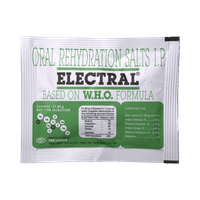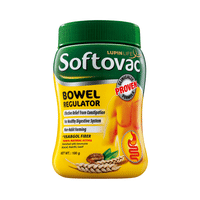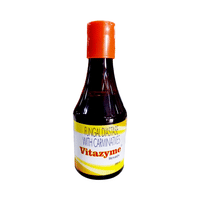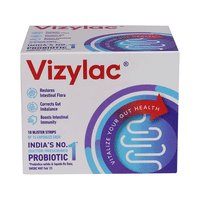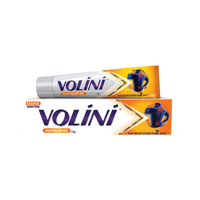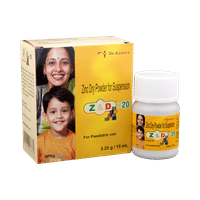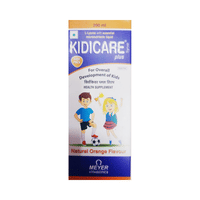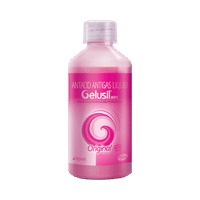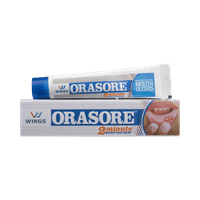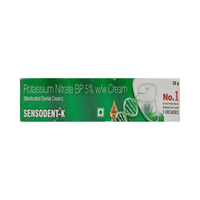Rs.186.56for 1 tube(s) (20 gm Rectal Cream each)
food interaction for Anomed L
alcohol interaction for Anomed L
pregnancy interaction for Anomed L
lactation interaction for Anomed L
food
alcohol
pregnancy
lactation
No interaction found/established
No interaction found/established
The safety of Anomed L Cream during pregnancy has not been established. There are no adequate and well-controlled studies in pregnant women, and animal data on reproductive toxicity are insufficient. Your doctor will weigh the benefits and any potential risks before prescribing.
CONSULT YOUR DOCTOR
Anomed L Cream may be unsafe to use during breastfeeding. Limited human data suggests that the drug may pass into the breastmilk and harm the baby. It should be used only if the expected benefit outweighs the potential risk. Please consult your doctor.
CONSULT YOUR DOCTOR
SALT INFORMATION FOR Anomed L
Lidocaine(1.5% w/w)
Uses
How it works
Lidocaine is a local anesthetic. It works by blocking the transmission of pain signals from the nerves to the brain. This helps to decrease the sensation of pain.
Common side effects
Allergic reaction, Application site reactions (burning, irritation, itching and redness)
Nifedipine(0.3% w/w)
Uses
Nifedipine is used in the treatment of Hypertension (high blood pressure), Angina (heart-related chest pain), Arrhythmia, heart attack, hypertensive emergency, stroke, subarachnoid haemorrhage and anal fissure.
How it works
Nifedipine is a calcium channel blocker. In high blood pressure, it normalizes the blood pressure by relaxing the blood vessels to reduce the pressure on them, thereby improving the blood flow in the body. The enhanced blood flow in the body further relaxes the heart muscles by reducing the workload on the heart. It also improves the oxygen flow in the body, thereby, preventing any heart-related chest pain.
Common side effects
Dizziness, Fatigue, Flushing (sense of warmth in the face, ears, neck and trunk), Headache, Hypotension (low blood pressure), Fainting, Peripheral edema, Fast heart rate, Nocturia (increased urge to urinate during the night), Anemia (low number of red blood cells), Angioedema (swelling of deeper layers of skin), Breast enlargement in male, Polyuria
SUBSTITUTES FOR Anomed L
13 Substitutes
13 Substitutes
Sorted By
 Rs. 153.60save 45% more per gm of Rectal Cream
Rs. 153.60save 45% more per gm of Rectal Cream Rs. 172.50save 39% more per gm of Rectal Cream
Rs. 172.50save 39% more per gm of Rectal Cream Rs. 184.60save 35% more per gm of Rectal Cream
Rs. 184.60save 35% more per gm of Rectal Cream Rs. 187.50save 37% more per gm of Rectal Cream
Rs. 187.50save 37% more per gm of Rectal Cream Rs. 324.80pay 16% more per gm of Rectal Cream
Rs. 324.80pay 16% more per gm of Rectal Cream
Expert advice FOR Anomed L
- Lidocaine is prescribed to relieve itching and pain caused by scrapes, burns, rashes, bites and eczema.
- Apply it over the affected area with a clean fingertip, three to four times a day or as directed by your doctor.
- Do not apply it to broken or infected areas of skin, face, eyes or eyelids unless instructed to by your doctor.
- Do not cover the area being treated with airtight dressings such as bandages unless directed by a doctor, as this may increase the risk of side effects.
- Avoid contact with eyes, mouth, and nose. In case of accidental contact, rinse thoroughly with water.
- Consult your doctor if your skin condition has not improved after 2-4 weeks of treatment.
- Inform your doctor if you are pregnant, planning pregnancy or breastfeeding.
Frequently asked questions FOR Anomed L
Lidocaine
Q. What is Lidocaine used for?
This medication is usually applied by a healthcare professional to the area being treated or to the medical equipment as part of a medical procedure. It helps to numb the area and reduces the discomfort associated with the insertion of medical instruments such as needles or catheters. It also helps to reduce the pain and inflammation in conditions such as heamorrhoids (piles) and anal fissures.
Q. Is Lidocaine toxic?
If Lidocaine is used under the supervision of a doctor or as directed by your doctor, it is generally safe to use. However, using more than what is recommended may lead to a number of serious health issues such as numbness of mouth and throat if swallowed. This can lead to difficulty swallowing and even choking.
Q. How long does it take for Lidocaine to work?
Lidocaine is applied at the start of a medical procedure and takes 3-5 minutes for the numbing effect to occur.
Nifedipine
Q. Is Nifedipine a diuretic?
No, Nifedipine is not a diuretic medication. However, some evidence indicates that Nifedipine has a partial diuretic property which may result in increased sodium loss through urine. It is a medication which relaxes the blood vessels by directly acting on them. This helps to decrease the blood pressure of the individual. As a result, blood flows more easily and lowers blood pressure, which helps to reduce the strain or pressure on your heart.
Q. Is Nifedipine bad for kidneys?
No, Nifedipine is not bad for kidneys. In few research studies, taking Nifedipine in recommended doses has in fact been shown to be beneficial for the kidneys. It is not advised to use this medicine without consulting the doctor. It should be used exactly as prescribed.
Q. Can Nifedipine cause liver damage?
Yes,Nifedipine can cause liver damage in some cases, but this is very rare. However, some people may develop a rise in liver enzymes after taking Nifedipine. Let your doctor know if you notice any such changes in your recent lab tests. Do not start this medication without consulting your doctor and do inform him if you have any history of liver disease or liver damage. This is because, in case of liver damage, dose adjustment may be required.













